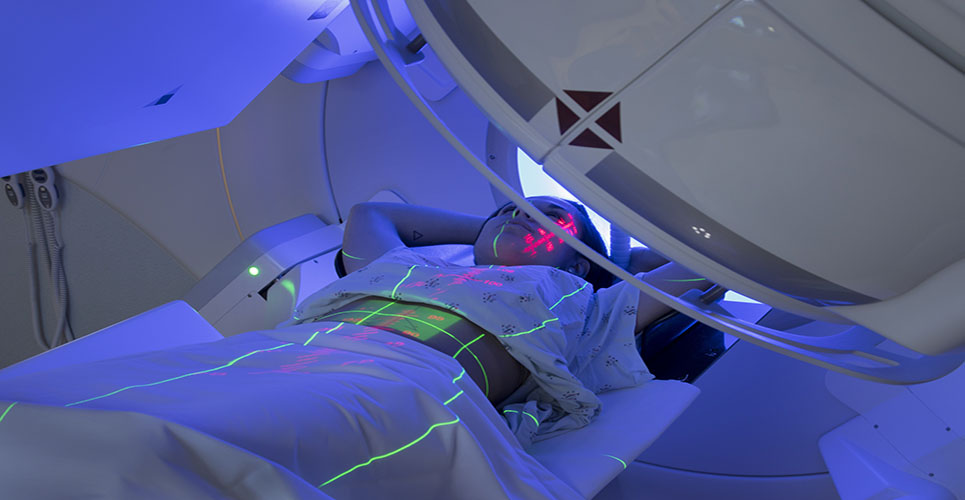teaser
A woman’s remarkable recovery from advanced skin cancer has shown that even the toughest tumours can be driven into remission by new targeted therapies, a study has shown.
Researchers in the US described the case of a 79-year-old woman with melanoma tumours in several parts of her abdomen.
The woman was enrolled into a clinical trial looking at the effectiveness of Gleevec, the brand name of the anti-cancer “smart” drug imatinib.
Tests before the start of the trial showed that the woman had a defective version of the Kit gene that acts as an accelerator for cancer.

Four weeks after the start of the therapy, imaging scans showed two of the tumour masses had disappeared and several others had shrunk to a fraction of their previous size.
Four months later, the tumours were still being held in check, and now, after nine months of treatment, the woman’s condition remains stable.
Dr Stephen Hodi, from the Dana-Farber Cancer Institute in Boston, Massachusetts, said: “This is the first proof of principle that we can find an Achilles’ heel in melanoma – a gene critical to tumour cell growth and proliferation – and, by targeting that gene with a drug, cause the cell to die.”
Copyright © PA Business 2008

